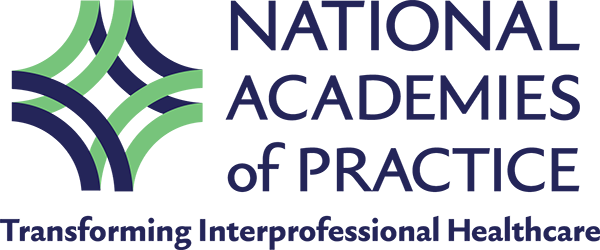Academy News: Athletic Training
The Role of Athletic Trainers in Managing Asthma
by Sarah Manspeaker, PhD, LAT, ATC, FNAP • Laura Kunkel, EdD, LAT, ATC, FNAP • Kelley Henderson, EdD, LAT, ATC, FNAP • Ericka Zimmerman, EdD, LAT, ATC, FNAP • MaryBeth Horodyski, EdD, LAT, ATC, FNATA, FNAP • Chris O’Brien, PhD, LAT, ATC, FASAHP, FNAP
Asthma is one of the leading non-communicable diseases affecting children and adults. In celebration of National Athletic Training Month (March) and in advance of Asthma Awareness Month (May), it is valuable to note the role of athletic trainers in the education and management of asthma among people who are physically active. As athletic trainers, we have the opportunity to collaborate with other health care professionals to enhance participation and quality of life for those impacted by asthma. In the month of March, as we aim to spread awareness about the important work of athletic trainers, we are highlighting athletic trainers as we are “Champions in Health Care” in many areas, including that of asthma prevention and management.

